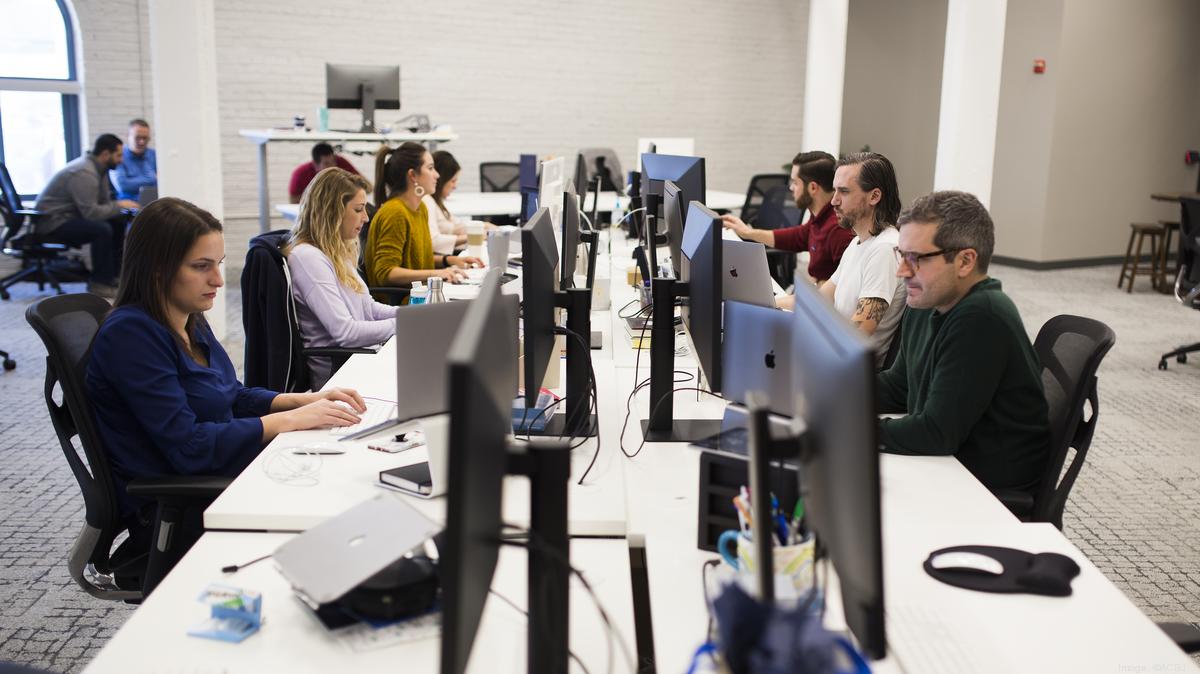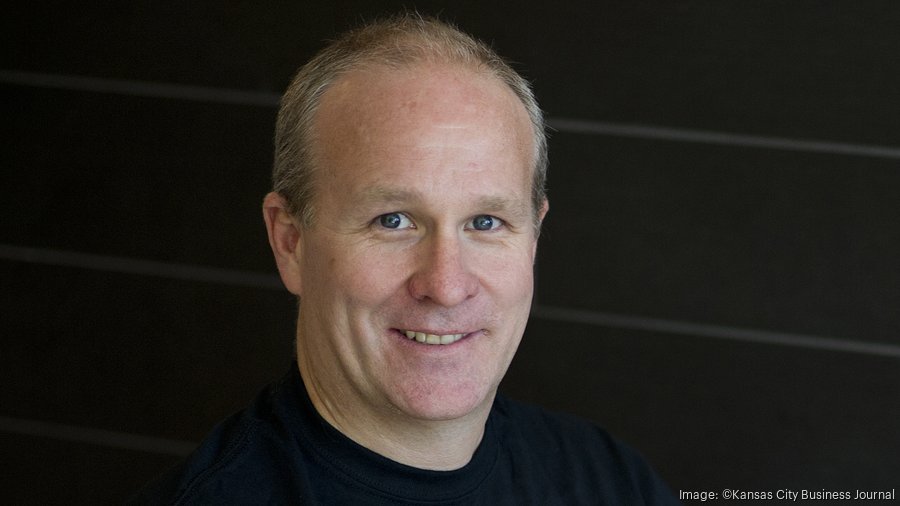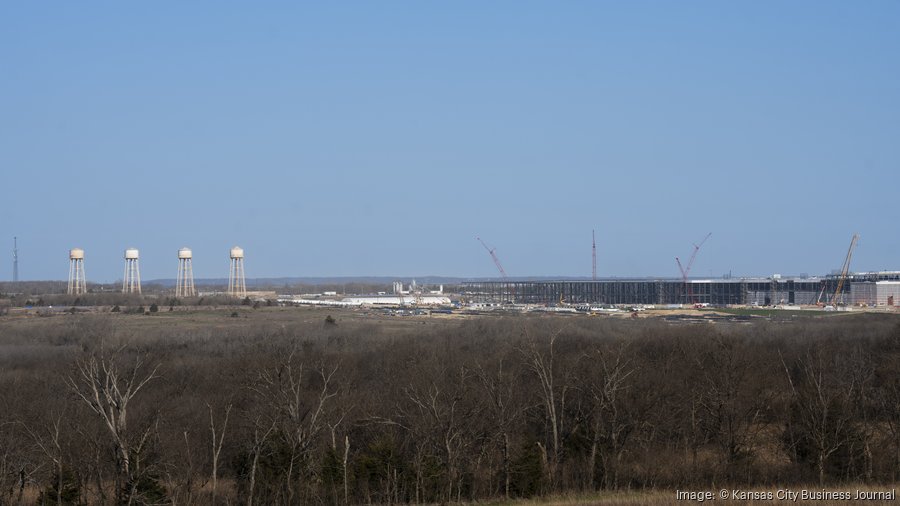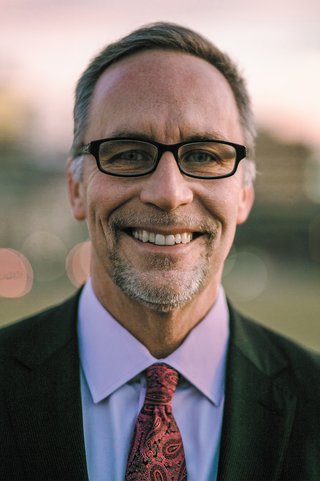Take a look inside SafetyCulture’s office in the Crossroads Arts District.
Why Kansas City has become a hub for Australian businesses – Kansas City Business Journal

- by Admin
- June 17, 2024

SafetyCulture moved its U.S. headquarters from San Francisco to Kansas City in 2018 for a practical reason — the Australian tech company wanted be closer to more of its U.S. clients.
It found a hub of tech talent in Kansas City, and employees had a “roll-up-their-sleeves” attitude when helping customers, said John Mumford, SafetyCulture VP of Global GTM, who is based in Kansas City. The area was boon for SafetyCulture, which recently has achieved double-digit revenue growth.
SafetyCulture isn’t alone. Several Australian businesses have set up operations in the metro area, from a global construction company to a wedding dress retailer. Those companies have helped fuel a recent boom in international investment to the area, Kansas City Area Development Council CEO Tim Cowden said.
“The bloom is off the rose for a lot of coastal markets due to cost (and) congestion,” Cowden said. “Companies are always evaluating what’s the next place, what’s the next market that they should enter, and Kansas City is emerging as that next ‘it’ market.”
Aussie businesses in Kansas City
SafetyCulture’s office in the Crossroads Arts District has grown into one of the company’s largest, second to its headquarters in Sydney. The company has more than 80 local employees and five international offices, and it plans to double its Kansas City headcount over the next two years.
The area also is a hub for construction, engineering and architecture. That reputation probably played a role in drawing BlueScope Steel Ltd., an Australian company that acquired Kansas City-based Butler Manufacturing in 2004. It has maintained Kansas City as its North American headquarters.
Retail and restaurant businesses also have ties to Australia, including Essense of Australia, which has had its Northern Hemisphere headquarters in Lenexa since 2003. And Banksia, an Australian bakery and café, was co-founded by Robert Joseph, who was born and raised in Sydney. He worked in pharmaceuticals in Australia for over 20 years before moving to Kansas City.
Local businesses also have made their way to Australia. Olathe-based KCAS Bio, a life sciences company, expanded its operations into Melbourne in early May. Vytelle, an animal health company in Lenexa, opened additional lab space in Melbourne last month.
Robert Joseph, who owns Banksia, serves customers at its original downtown location.
Why here?
Joseph first was drawn to Kansas City for its animal health corridor. He moved in 2013 and brought his Australia-based veterinary pharmaceutical company, Parnell Pharmaceutical Holdings Ltd., to Overland Park. After he left his role as CEO in 2017, Joseph and his wife were set to move back to Australia. But they stayed for the metro’s “relaxed lifestyle,” compared to the expensive cost of living and traffic in Sydney.
In June, Banksia opened a new location in Downtown. For Kansas Citians, Banksia’s Australian food is fresh and familiar, Joseph said. The restaurant’s popular meat pies and sausage rolls offer a unique culinary experience.

Robert Joseph is the founder of Banksia.
“The Midwest of America has this absolute love for Australia and Australians. I think our accent helps for sure, (but) there seems to be this sort of reverence almost about what Australia is,” Joseph said. “That’s translated to people wanting to come to Banksia.”
People think San Francisco is where tech companies that come to the U.S. need to be, Mumford said. But Kansas City had the preferable culture and talent for SafetyCulture.
“We’ve found that even when we look at hiring folks from the coasts and other places, the quality of talent and individuals that we get locally has always been paramount,” Mumford said.
There’s no language barrier, and it’s in the middle of the U.S., giving businesses easier access to both coasts, Cowden said. He thinks Australian companies are drawn to the local tech scene. Around one in 10 Kansas City-area employees work in tech.
It has become a “vastly different city” in the years since Joseph moved. There’s a growing art, festival and music scene, and many independent restaurants.
Employees from SafetyCulture’s offices in Sydney, Townsville, Amsterdam, Manchester and Manila visit the Kansas City office nearly every week, Mumford said. Visitors love local barbecue and jazz, attend Kansas City Royals baseball games, and stock up on Kansas City Chiefs merchandise. During the 2023 Super Bowl, SafetyCulture’s Sydney office hosted a watch party that the Kansas City team attended.
“They say they feel like there’s a huge amount of buzz and energy from the Kansas City team, and also, it’s a vibrant city,” Mumford said. “They believe we’re hardworking, humble and really smart individuals that that are driving the business forward.”

The underway Panasonic manufacturing plant in De Soto, pictured here in March, is drawing interest from around the world, Tim Cowden says.
Interest from other countries
There has also been a “ferocious level” of interest from businesses in Italy, Ireland, Germany, China, Slovenia and Japan, Cowden said.
The total number of foreign direct investment-created jobs in Kansas and Missouri has grown 30% in the last five years, according to KCADC data. Nearly $14 billion in FDI has flowed into Kansas and Missouri in that same period. Those investments have made Kansas City a top 15 city for foreign direct investment in the U.S.
The Italian parts manufacturing company RB Srl is one of those recent investors. The company plans to establish a $15 million facility in the Kansas City area. Felixvet, an Irish animal health company, said it would relocate its North America headquarters to Kansas City in July 2023.
Cowden believes Panasonic has played a big role in drawing eyes and investors to Kansas City. The Japanese electronics company selected De Soto to build a $4 billion electric-vehicle battery manufacturing plant. The facility, which is expected to employ 4,000 people, is the largest economic development project in Kansas history, according to the KCADC.
“When one of the world’s leading companies selects Kansas City for a multibillion-dollar, several thousand-employee manufacturing facility, that grabs a lot of attention from other global companies,” Cowden said.

Tim Cowden is CEO of the Kansas City Area Development Council.
What’s next?
Kansas City’s “brand is rising” and gaining more notice globally, Cowden said. The spotlight will be on Kansas City when it hosts the 2026 World Cup. The new Kansas City International Airport terminal also makes bringing business to the area easier, Cowden said.
Cowden thinks this is only the beginning.
“We’re on the cusp of that happening right now in Kansas City,” Cowden said. “We have a number of international companies that have been here for generations. But with this new wave of foreign direct investment, Kansas City is on the radar for many. We’re certainly going to get our share.”
The Latest News
-
December 23, 2024Here’s why Golf Twitter lost its damn mind over Team Langer’s PNC victory – Australian Golf Digest
-
December 23, 2024From smaller homes to screen time, backyard cricket is facing challenges in modern Australia
-
December 23, 2024This quiet Canadian will make you love YouTube golf again – Australian Golf Digest
-
December 23, 2024Guide Helps Australian Workers Expose Tech Wrongdoings
-
December 23, 2024PPHG achieves GSTC multi-site certification for all its Australian properties – Travel And Tour World


